Nick Hague981 Archivesback on Earth, but he doesn’t want to be.
Last week, the NASA astronaut was expected to fly to the International Space Station for a months-long stay in orbit that would be his first mission to space.
But things didn’t go according to plan.
On Thursday, not long after the launch of Hague and Russian cosmonaut Alexey Ovchinin’s Soyuz rocket to the station, something went wrong.
While it’s still unclear exactly what happened, the Soyuz automatically aborted the mission, sending the capsule carrying the two crew members on an extreme ride back to Earth without ever making it to the station.
 Original image has been replaced. Credit: Mashable
Original image has been replaced. Credit: Mashable “It was one bumpy roller coaster ride,” Hague said during a series of media interviews on Tuesday. “It was over almost before it started.”
Hague described feeling a violent side-to-side motion and about seven times the weight of Earth’s gravity bearing down on him and Ovchinin as they were shot away from the falling rocket by their capsule’s abort system.
The rocket failure marks the first time a Soyuz abort system has been used in a crewed launch in 17 years.
While the failure could have been much worse, it was still incredibly disappointing for Hague.
SEE ALSO: Photos taken after Russian rocket failure prove that human spaceflight is never routine"There was a point where we got to the apex of our trajectory, and I looked out the window and I saw the curve of the Earth out there and the blackness of space, and it was a bittersweet, fleeting moment that I got that close, but it wasn’t going to work out that time," Hague said.
Hague added that he does hope to fly again someday soon, but until then, he’ll soak up this extra time he has on Earth with his wife and kids.
"You just try to celebrate the little gifts that you get, like walking the boys to school this morning,” he said.
For now, NASA has a big job ahead, trying to figure out a path forward for the space station after the mishap.
 Original image has been replaced. Credit: Mashable
Original image has been replaced. Credit: Mashable At least for now, Soyuz flights are grounded.
Since the end of NASA’s space shuttle program in 2011, the agency has relied on Russia’s Soyuz to transport astronauts to and from the space station. But NASA has hoped to change that reliance for a while now. The agency has funded contracts with Boeing and SpaceX to produce a capsule that can take astronauts to orbit hopefully sometime in the near future.
NASA maintains that the space station crew is safe in orbit, so there are no immediate concerns about their wellbeing.
As Russia’s investigation continues, we’ll hopefully get some answers about what forced the abort and is keeping us grounded here on Earth.
(Editor: {typename type="name"/})
 Dyson V8 Plus cordless vacuum: $120 off at Amazon
Dyson V8 Plus cordless vacuum: $120 off at Amazon
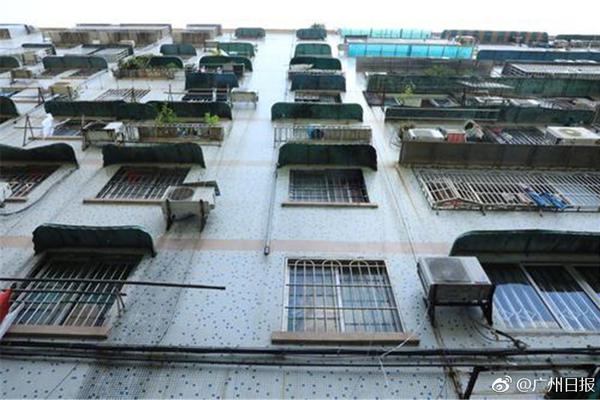 The iPhone 8's wireless charging might be slower than expected
The iPhone 8's wireless charging might be slower than expected
 The 'first major hate site on the internet' is down
The 'first major hate site on the internet' is down
 Ed Skrein exits 'Hellboy' over whitewashing controversy, everyone applauds
Ed Skrein exits 'Hellboy' over whitewashing controversy, everyone applauds
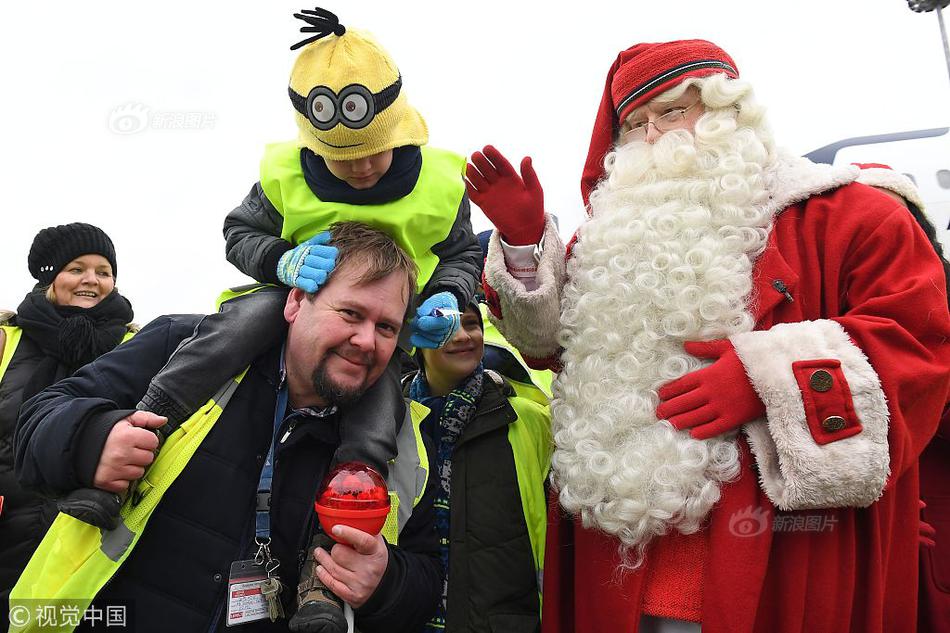 Today's Hurdle hints and answers for May 5, 2025
Today's Hurdle hints and answers for May 5, 2025
Amazon Big Spring Sale 2025: Best air purifier deals from Dyson, Shark, LG, and more
 SAVE UP TO 37%:The Amazon Big Spring Sale has air purifiers on sale from brands like Coway, Dyson, L
...[Details]
SAVE UP TO 37%:The Amazon Big Spring Sale has air purifiers on sale from brands like Coway, Dyson, L
...[Details]
Houston's local businesses pitch in as Harvey's flooding wreaks havoc
 If you live in Houston, you know Jim McIngvale—or rather, "Mattress Mack." As local businessme
...[Details]
If you live in Houston, you know Jim McIngvale—or rather, "Mattress Mack." As local businessme
...[Details]
Walmart is getting hip, but it's keeping it a bit of a secret
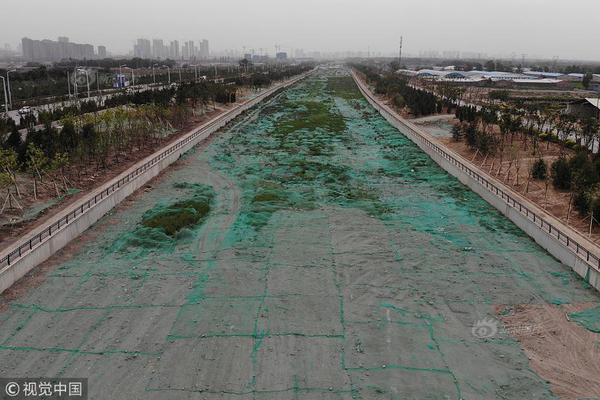 ModCloth knit tops and vibrant Bonobos pants aren't the sort of items you'd expect to find in the sa
...[Details]
ModCloth knit tops and vibrant Bonobos pants aren't the sort of items you'd expect to find in the sa
...[Details]
MashReads Podcast: Here are the books (and movies and music) we've loved this summer
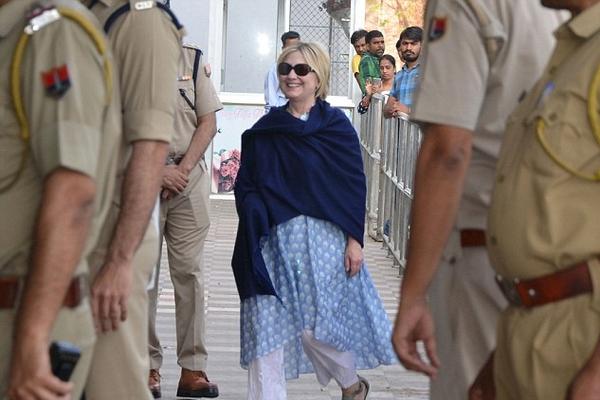 "Nothing gold can stay, Pony Boy" ... and by that we mean, sadly, summer is coming to an end.But tha
...[Details]
"Nothing gold can stay, Pony Boy" ... and by that we mean, sadly, summer is coming to an end.But tha
...[Details]
NYT Strands hints, answers for May 18
 If you're reading this, you're looking for a little help playing Strands, the New York Times' elevat
...[Details]
If you're reading this, you're looking for a little help playing Strands, the New York Times' elevat
...[Details]
'Game of Thrones': What that Jaime/Cersei ending means for Season 8
 Ah, Jaime Lannister. Longtime kingslayer, first-time queen betrayer.Turns out that most of the bigge
...[Details]
Ah, Jaime Lannister. Longtime kingslayer, first-time queen betrayer.Turns out that most of the bigge
...[Details]
'Stranger Things' gets world hyped for Season 2 with these awesome retro posters
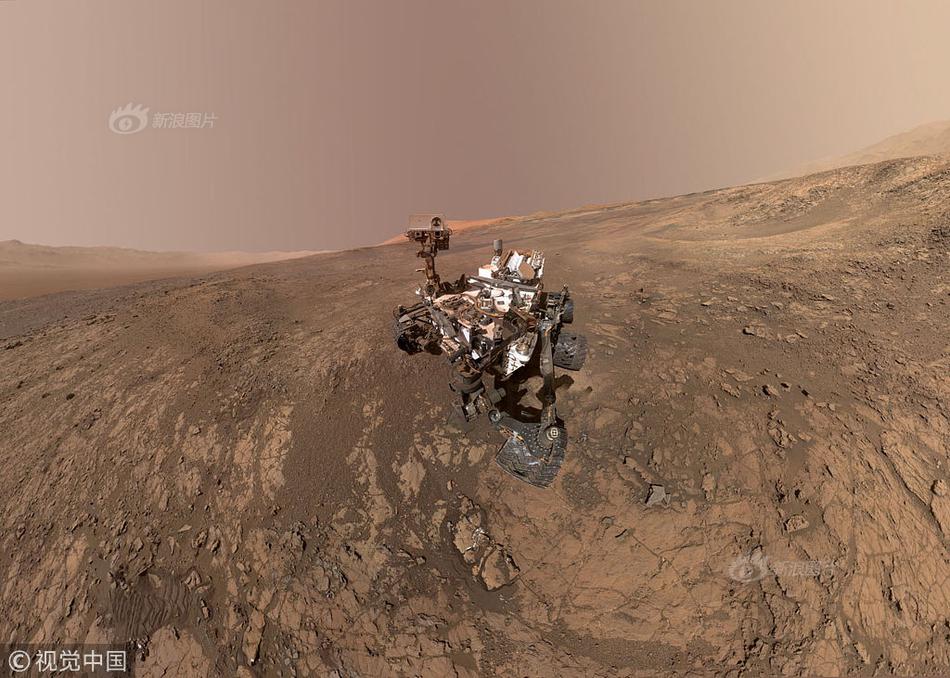 Part of the fun of Stranger Thingsis looking for how many retro takes the show gets spot-on. Now the
...[Details]
Part of the fun of Stranger Thingsis looking for how many retro takes the show gets spot-on. Now the
...[Details]
Houston's good Samaritans are watching out for each other as Harvey rages on
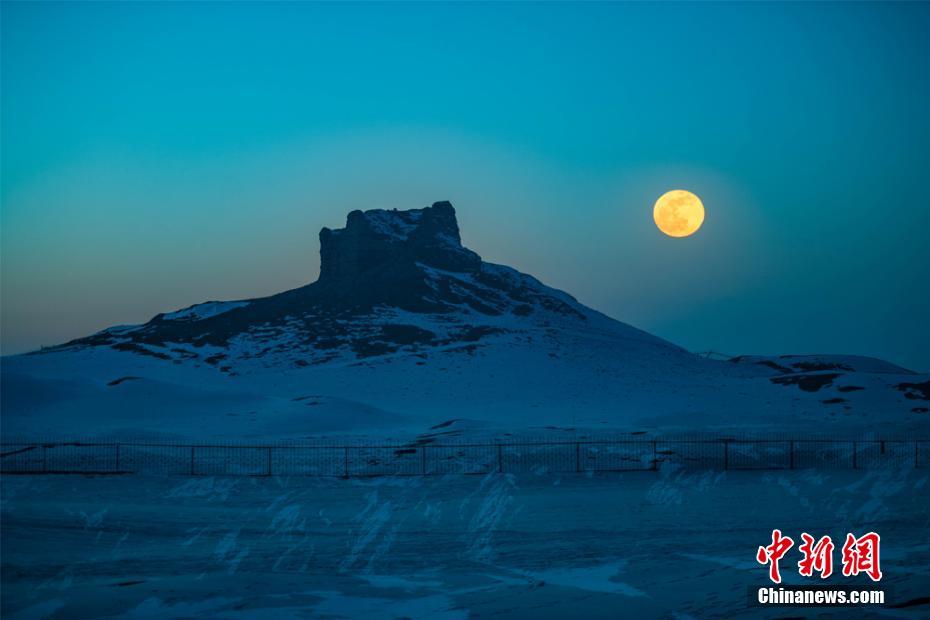 As Tropical Storm Harvey beats down on Houston, good Samaritans throughout the area are showing up f
...[Details]
As Tropical Storm Harvey beats down on Houston, good Samaritans throughout the area are showing up f
...[Details]
Amazon Big Spring Sale 2025: Save $20 on Amazon Echo Show 5
 SAVE $20: As of March 31, the Amazon Echo Show 5 is on sale for $69.99 in the Amazon Spring Sale Tha
...[Details]
SAVE $20: As of March 31, the Amazon Echo Show 5 is on sale for $69.99 in the Amazon Spring Sale Tha
...[Details]
TBH, Katy Perry had some terrible jokes at the VMAs
 "Even in the apocalypse, we deserve a great soundtrack," Katy Perry said during her opening monologu
...[Details]
"Even in the apocalypse, we deserve a great soundtrack," Katy Perry said during her opening monologu
...[Details]
The Anatomy of Liberal Melancholy

This interactive map will tell you when to look for peak fall foliage in your area

接受PR>=1、BR>=1,流量相当,内容相关类链接。